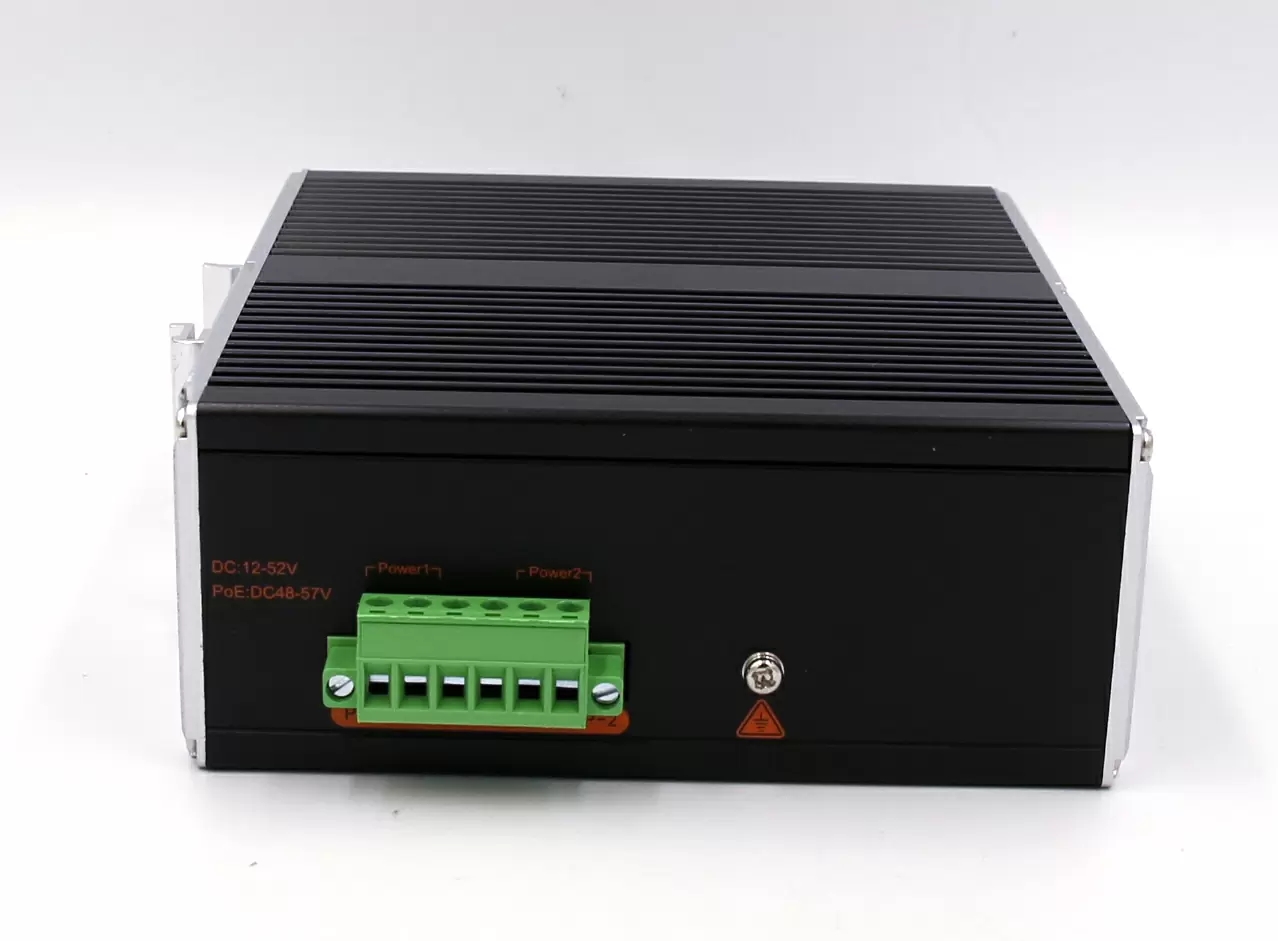.

Understanding the Difference between TCP/IP and Industrial Ethernet
Is TCP/IP the same as Industrial Ethernet? While these two concepts are often used interchangeably, they are not identical. Both TCP/IP and Industrial Ethernet are important technologies in the field of networking, but they serve different purposes and have distinct characteristics. Let's explore the differences between these two technologies.

1. TCP/IP: The Foundation of Internet Communication
TCP/IP, which stands for Transmission Control Protocol/Internet Protocol, is a set of protocols used for communication across the internet. It is the fundamental technology that enables devices to connect and exchange data over the global network. TCP/IP provides a reliable and robust framework for transmitting data packets, ensuring data integrity, and establishing end-to-end connections. It is widely used in various applications such as web browsing, email, file transfer, and more.
2. Industrial Ethernet: Networking for Industrial Applications
Industrial Ethernet, on the other hand, is a specialized form of Ethernet adapted for industrial environments and applications. It provides the means to connect and communicate between different devices and systems within industrial settings, such as manufacturing plants, power plants, and transportation systems. Industrial Ethernet is designed to meet the specific requirements of industrial automation, including real-time control, deterministic behavior, and high reliability. It offers faster data transfer speeds, improved synchronization, and support for various industrial protocols.
3. Key Differences
While both TCP/IP and Industrial Ethernet are based on Ethernet technology, they differ in terms of their application focus and characteristics. Some key differences include:
- Application Scope: TCP/IP is primarily used for general-purpose internet communication, while Industrial Ethernet is tailored for industrial automation and control systems.
- Time Sensitivity: Industrial Ethernet emphasizes real-time communication and deterministic behavior, whereas TCP/IP is more concerned with reliable data transmission over best-effort networks.
- Protocol Support: TCP/IP supports a wide range of protocols, while Industrial Ethernet usually incorporates specific industrial protocols such as Profinet, EtherNet/IP, or Modbus TCP.
- Network Architecture: TCP/IP is typically based on a hierarchical design, while Industrial Ethernet networks follow more flexible topologies to accommodate complex industrial setups.
4. Integration of TCP/IP and Industrial Ethernet
Despite their differences, TCP/IP and Industrial Ethernet can be integrated to enable seamless communication between industrial devices and the internet. Industrial Ethernet provides a bridge between the industrial network and TCP/IP-based applications, allowing for remote monitoring, control, and data exchange. This integration is crucial for leveraging the benefits of the Industrial Internet of Things (IIoT) and Industry 4.0 initiatives.
5. Conclusion
In conclusion, while TCP/IP and Industrial Ethernet are related networking technologies, they serve different purposes and have distinct characteristics. TCP/IP is the foundation of internet communication, whereas Industrial Ethernet is specifically designed for industrial applications. Understanding the differences between these technologies is essential for implementing reliable and efficient networking solutions in both general-purpose and industrial environments.


